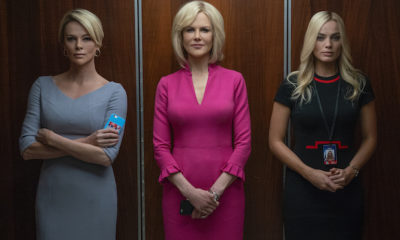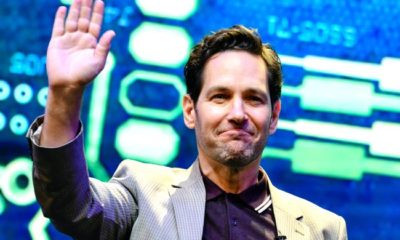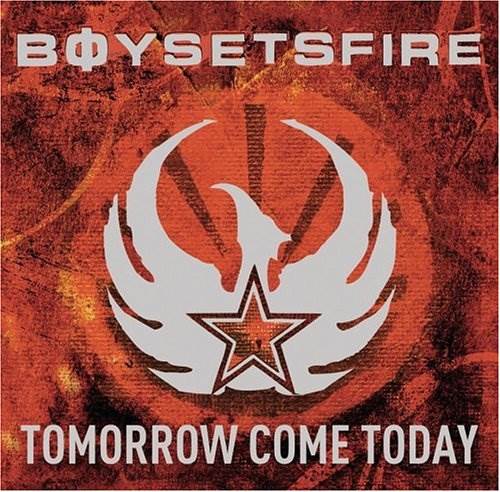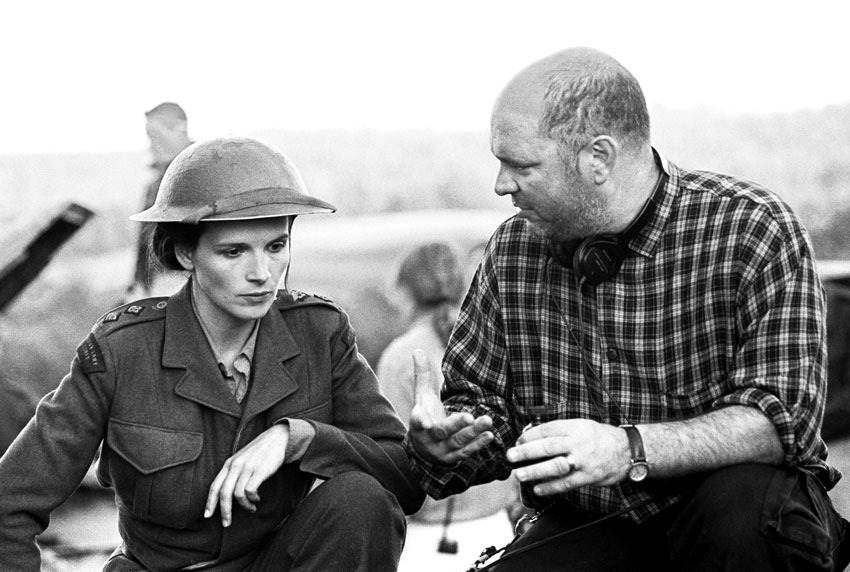It just got real.
In the battle between Hollywood and Silicon Valley over the proposed new stringent anti-piracy laws known as SOPA (the Stop Online Piracy Act) and PIPA (the Proctect Intellectual Property Act), Wednesday’s blackout protest that saw several major websites going on strike for a day seemed like a practical but largely symbolic public relations gesture. On Thursday, however, the battle suddenly gained a body count, first with the government’s forced shutdown of online storage service (and reputed pirate haven) Megaupload, and then with a retaliatory hack attack against the Justice Department and entertainment lobbyist websites by the hacker collective Anonymous. On Friday morning, in the wake of the turmoil, Senate Majority Leader Harry Reid decided to table the vote on PIPA that had been scheduled for next Tuesday, and Rep. Lamar Smith, the sponsor of SOPA, said he’d postpone his efforts to get the House Judiciary Committee to vote on his bill.
The shutdown of Megaupload (accompanied by the arrest of four of its founders and the seizure of $ 50 million in assets) seemed to make the argument for both the pro-SOPA and anti-SOPA forces. On the pro-side, the raid pointed out what a huge problem international online piracy is. After all, Megaupload has been a tremendously popular site whose activity accounted for some 4 percent of all Internet usage. According to the Justice Department, its activities had cost copyright holders like movie studios and record labels more than $ 500 million. On the anti-side, the raid was accomplished via laws already on the books. And it affected not just alleged illegal users, but plenty of legal users as well who used the service to store and share large files and now can’t access them. In fact, the shutdown forced many Web users to ponder whether any third-party cloud storage sites are safe, since they’re vulnerable to government action if they don’t police themselves sufficiently.
The FBI has said that the timing of the Megaupload raid wasn’t related to Wednesday’s SOPA protest (the Motion Picture Association of America, the film industry’s lobby, said in a statement that the case against Megaupload had been in development for two years), but it’s hard not to see a connection. It’s no wonder that Anonymous retaliated by crashing the sites of the White House, the FBI, the Department of Justice, several record labels, the MPAA, the Recording Industry Association of America (the music business’s lobby) and the U.S. Copyright Office. But the Anonymous reaction was a coercive act that could undo all the goodwill built up by Wednesday’s voluntary blackout by seeming to side with the pirates, rather than with Web bigwigs who argue that they should be allowed to police their own sites for piracy without the stifling federal intrusion they say characterizes SOPA and PIPA. (It was coercive not just against the sites targeted for attack, but also against some of the 9,000 attackers, who may have been unwitting participants who unknowingly clicked on links posted by Anonymous that commanded individual computers to launch denial-of-service attacks against the targeted sites.)
That goodwill had influenced numerous legislators and had helped take the fight over SOPA and PIPA out of the realm of partisan politics. Smith is a Republican, but all four Republican candidates for president denounced SOPA as overly intrusive and censorious during last night’s debate. According to number-crunching by ProPublica, before Wednesday’s blackouts, some 80 members of the House and Senate were on record as supporting the legislation, while 31 opposed it; after Wednesday, those numbers had shifted to 63 for and 122 against. Of the current supporters, 40 are Democrats and 22 are Republicans, while those opposed include 55 Democrats and 67 Republicans. (Meanwhile, President Obama can’t catch a break. According to Deadline, Hollywood moguls want to stop raising money for his re-election campaign because of his stated opposition to the bills; on the other hand, his position against SOPA and PIPA didn’t stop Anonymous from hacking the White House website yesterday.)
Even in the entertainment industry, opinion remains divided over SOPA and PIPA, especially among musicians. Bassists Duff McKagan and Krist Novoselic (of Guns N’ Roses and Nirvana fame) have condemned the anti-SOPA protests, Others, such as Peter Gabriel and Trent Reznor, have participated in the blackout or petitioned Congress to reject the bills.
The Megaupload raid served as a reminder that the site’s American CEO is none other than hip-hop producer Swizz Beatz, who ran afoul of the major labels last month when he produced a promotional video for Megaupload that featured Kanye West, Diddy, Will.i.am, and Alicia Keys (who is Mrs. Beatz). According to the indictment papers filed yesterday, Swizz Beatz is not an owner of Megaupload and was not among those who were arrested or had their assets seized. So far, he hasn’t issued a statement regarding the raid, much less on the SOPA/PIPA debate, but his efforts to enlist his famous musician friends to shill for Megaupload suggests that he and a lot of other musicians were trying to sell Megaupload to consumers as a legal file-sharing site.
The indefinite postponement of the votes on SOPA and PIPA means the bills are probably dead in their present form. In an interview with The Hollywood Reporter on Thursday, former Senator Chris Dodd, now head of the MPAA, admitted that the new laws’ most controversial provision, one that would have allowed the government to pre-emptively shut down websites using Domain Name Server filtering (the kind of firewalling that governments like China’s and Iran’s use to filter the Internet for their citizens), is too politically unpopular to pass into law. Still, there will be attempts to pass similar laws in the hopes of fighting piracy without censoring Internet speech or stifling innovation.
In the meantime, there are some practical things the average Web user can do:
- Don’t pirate movies and music, obviously.
- Reconsider your use of now-vulnerable cloud storage lockers. If you were using Megaupload, there are several alternate sites you might try. (Here’s a list.)
- Be wary of clicking on links posted by Anonymous on Twitter or in Internet Relay Chat. If the links force your computer to launch a denial of service attack against a third-party site, you could still be criminally liable, even if you didn’t know what you were clicking on.
- If you want to petition the government about SOPA and PIPA, or participate in other online protest events, visit SOPAStrike, the clearinghouse for protest efforts following up on Wednesday’s blackout.



 Movies News6 years ago
Movies News6 years ago


 Movies News4 years ago
Movies News4 years ago


 Movies News4 years ago
Movies News4 years ago
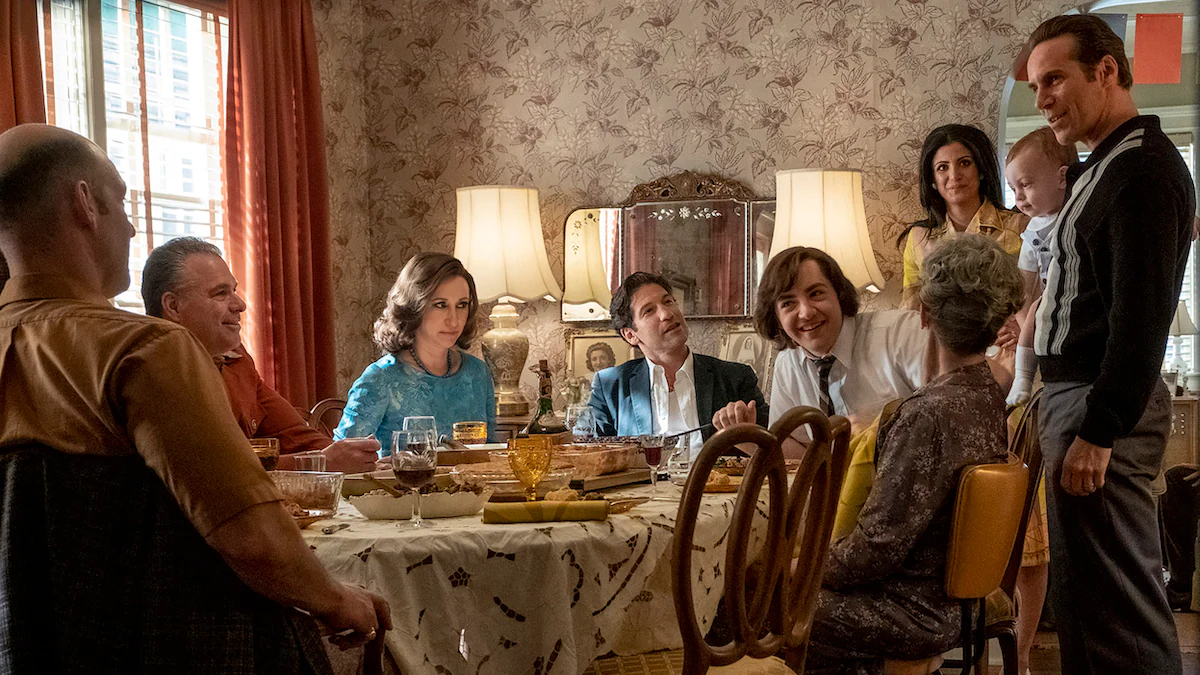

 Movies News4 years ago
Movies News4 years ago


